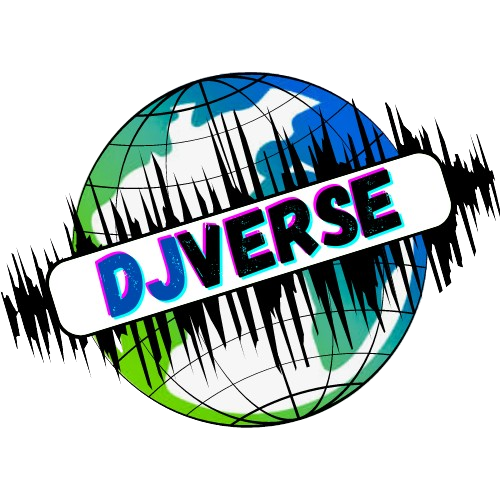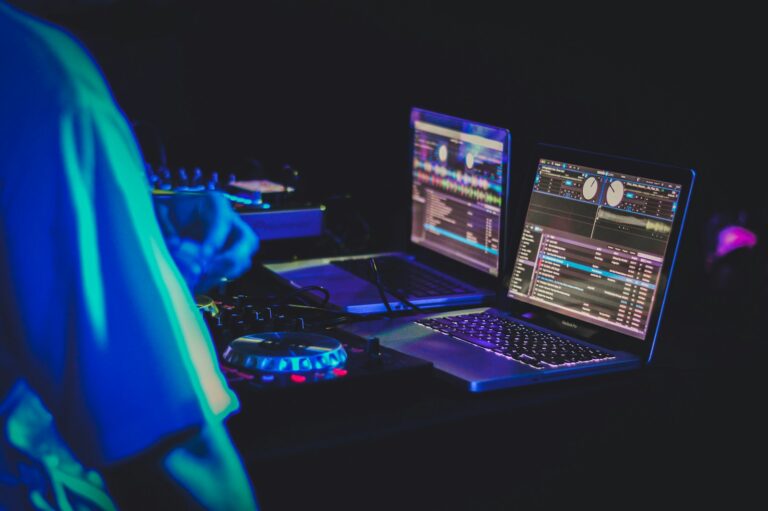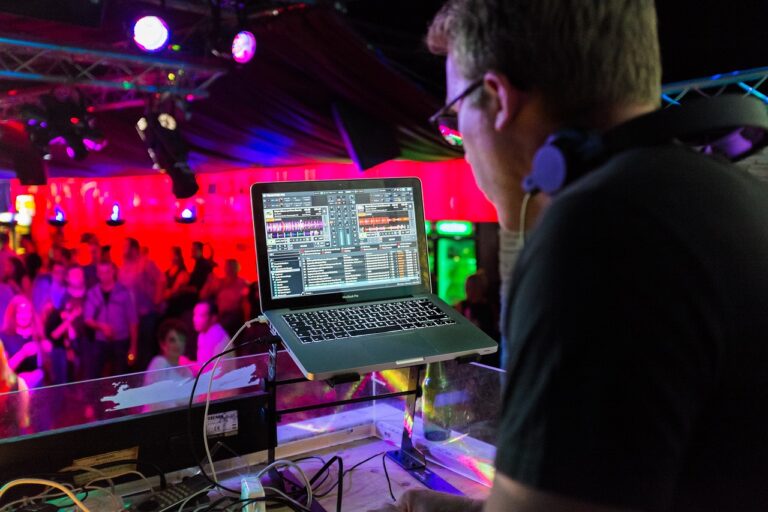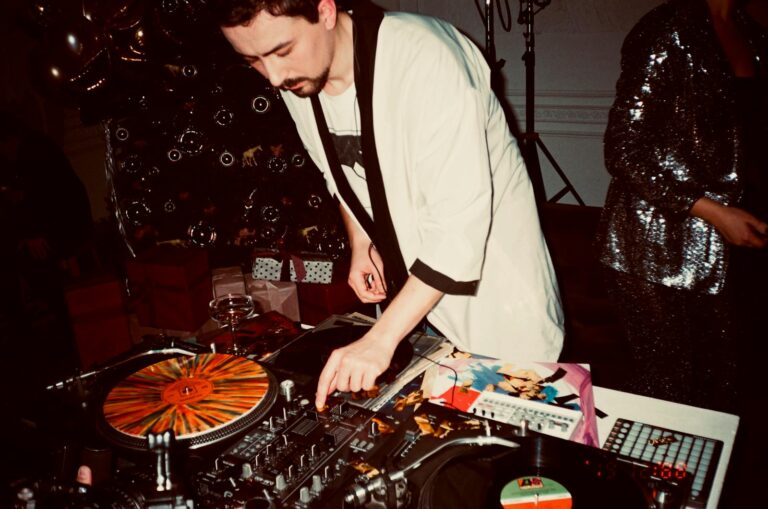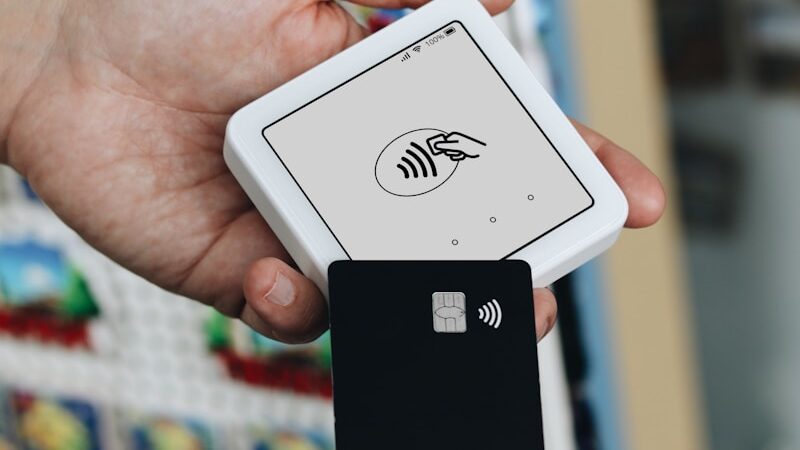
Ever asked yourself as a DJ (PRO or amateur) how much should a DJ charge? You’re not alone! Pricing your services can be trickier than mixing the perfect set. Did you know that DJ rates can vary from £50 to over £5000 per event? That’s quite a range!
In this guide, we’ll break down the factors that influence DJ pricing and help you determine your worth in the competitive world of music spinning. Whether you’re just starting or looking to adjust your rates, we’ve got the beat on DJ pricing. Let’s drop into the details and find out how much a DJ should charge.
Factors Affecting DJ Rates
When it comes to setting your DJ rates, several factors come into play. Understanding these can help you price your services more accurately and competitively.
- Experience level and reputation: As with any profession, your experience and reputation play a significant role in determining your rates. Newbie DJs might start at lower rates, while seasoned pros with a solid reputation can command premium prices.
- Type of event: The nature of the event significantly impacts pricing. A wedding gig typically pays more than a regular club night, while corporate events might have higher budgets than private parties.
- Duration of the performance: Longer gigs usually mean higher pay. Consider your hourly rate and how it scales for extended performances.
- Equipment provided: If you’re bringing your own top-notch sound system, lighting rig, and other gear, you can justify higher rates compared to DJs who use venue-provided equipment.
- Travel distance and expenses: Gigs that require significant travel time or overnight stays should factor in these additional costs.
- Additional services: If you’re offering extra services like MC duties, custom playlist creation, or special lighting effects, your rates should reflect these add-ons.
- Geographic location: DJ rates can vary widely depending on your location. Major cities and affluent areas typically support higher rates than smaller towns or rural areas.
Average DJ Rates by Event Type
To give you a ballpark idea, here are some average rates for different types of events in US Dollars ($), British Pounds (£), and Euros (€). Remember, these can vary based on location and other factors:
- Wedding DJ rates:
- $800 – $2500+
- £600 – £1900+
- €700 – €2200+
- Club DJ rates (per night):
- $200 – $600
- £150 – £450
- €175 – €525
- Corporate event DJ rates:
- $500 – $2000+
- £375 – £1500+
- €440 – €1750+
- Private party DJ rates:
- $300 – $1000
- £225 – £750
- €265 – €875
- School dance and prom DJ rates:
- $400 – $1000
- £300 – £750
- €350 – €875
Note: These currency conversions are approximate and based on exchange rates as of 2024. Always check current exchange rates for the most accurate conversions.
How to Calculate Your Base Rate
Determining your base rate is crucial for pricing consistency. Here’s how to approach it:
- Determine your hourly rate: Start by deciding what you want to earn per hour. Factor in your skill level, experience, and local market rates.
- Factor in equipment costs: If you’re using your own gear, calculate the depreciation and maintenance costs per gig.
- Account for prep time and setup: Don’t forget to include the hours spent preparing playlists, communicating with clients, and setting up/tearing down equipment.
- Consider your unique value proposition: What makes you stand out? Special skills or services should be reflected in your rate.
For example, if you decide on a £100/hour rate, and a typical wedding gig takes 6 hours of performance time plus 4 hours of prep and setup, your base rate would be £1000. Add equipment costs and travel, and you might end up with a rate of £1200-£1500 for a standard wedding package.

Additional Charges to Consider
Beyond your base rate, there are several additional charges you might need to factor in:
- Travel fees: For gigs beyond a certain radius, charge mileage or a flat travel fee.
- Equipment rental: If you need to rent additional gear, pass this cost on to the client.
- Early setup or late takedown: Charge extra if you need to arrive very early or stay late.
- Overtime rates: Establish an overtime rate for when events run longer than expected.
- Custom playlist creation: If a client wants a specially curated playlist, charge for your time.
Tips for Setting Competitive Prices
Setting the right price is a balancing act. You want to earn what you’re worth without pricing yourself out of the market. Here are some tips:
- Research local market rates: Know what other DJs in your area are charging for similar services.
- Offer package deals: Create tiered packages that offer different levels of service at various price points.
- Provide value-added services: Offer extras that set you apart, like online planning tools or custom song edits.
- Adjust for seasonality: Consider charging premium rates during peak wedding season or holidays.
- Implement a clear pricing structure: Have a transparent pricing system that’s easy for clients to understand.
Remember, it’s okay to start lower when you’re building your reputation, but don’t sell yourself short. As you gain experience and positive reviews, gradually increase your rates.
Common Pricing Mistakes to Avoid
Even experienced DJs can fall into pricing pitfalls. Here are some common mistakes to watch out for:
- Undervaluing your services: Don’t price too low just to get gigs. It’s hard to raise rates significantly once you’ve established a low price point.
- Failing to account for all expenses: Make sure you’re factoring in all costs, including insurance, marketing, and equipment maintenance.
- Overpricing without justification: While it’s important to charge what you’re worth, make sure you can justify your rates with your skills and services.
- Lack of flexibility: Be willing to adjust your rates for different types of gigs or clients.
- Neglecting to update prices: Review and adjust your rates regularly to keep up with inflation and your growing skills.
Negotiating Your Rates with Clients
Negotiation is a normal part of the booking process. Here’s how to handle it like a pro:
- Communicate your value: Be ready to explain what sets you apart and why you’re worth your rates.
- Be prepared to justify your prices: Have a clear breakdown of what’s included in your fee.
- Know your bottom line: Decide in advance how low you’re willing to go and stick to it.
- Offer alternatives for budget-conscious clients: If a client can’t afford your full package, suggest scaled-down options that fit their budget.
- Use contracts: Always use a written contract to avoid misunderstandings about rates and services.
Remember, it’s okay to walk away if a client’s budget doesn’t align with your rates. It’s better to lose a gig than to work for less than you’re worth and potentially resent the job.

Pricing Strategies for Different Career Stages
Your pricing strategy should evolve as your career progresses. Here’s a general guide:
Beginner DJs (0-2 years experience):
- Focus on gaining experience and building a reputation
- Start with rates at the lower end of the market
- Offer promotional rates for your first few gigs
- Gradually increase prices as you build your skills and client base
Intermediate DJs (2-5 years experience):
- Align your rates with the average market prices
- Start specializing in certain types of events or music genres
- Introduce tiered pricing packages
- Invest in better equipment to justify higher rates
Experienced DJs (5+ years experience):
- Position yourself as a premium service
- Charge above-average rates based on your reputation and skills
- Offer exclusive packages for high-end events
- Consider branching out into DJ coaching or equipment rental for additional income streams
The Importance of Professionalism in Pricing
Remember, your pricing isn’t just about the music – it’s about the entire experience you provide. Professional behaviour can justify higher rates:
- Prompt and clear communication
- Reliability and punctuality
- Well-maintained, high-quality equipment
- Appropriate attire for each event
- Ability to read the crowd and adapt your playlist
- Smooth handling of requests and unexpected situations
By consistently delivering a professional experience, you’ll build a reputation that allows you to command higher rates and attract better-paying gigs.
Conclusion: Finding Your Sweet Spot
Setting the right price for your DJ services isn’t just about picking a number out of thin air – it’s about understanding your worth, the market, and your clients’ needs. Your rates should reflect your skills, experience, and the value you bring to every event. Don’t be afraid to charge what you’re worth, but also be ready to adapt as you grow in your career.
Remember, pricing is not a one-time decision. Regularly review and adjust your rates based on your growing experience, changing market conditions, and client feedback. Keep track of which price points and packages are most popular, and be willing to experiment with different pricing strategies.
Whether you’re spinning at weddings, clubs, or corporate events, the right price will help you build a sustainable and thriving DJ business. It’s about finding that sweet spot where you’re earning what you deserve while providing value that makes clients happy to pay your rates.
So go ahead, crunch those numbers, polish your skills, and confidently set your prices. Your perfect rate is out there – now it’s time to drop the beat and watch your DJ career take off!
